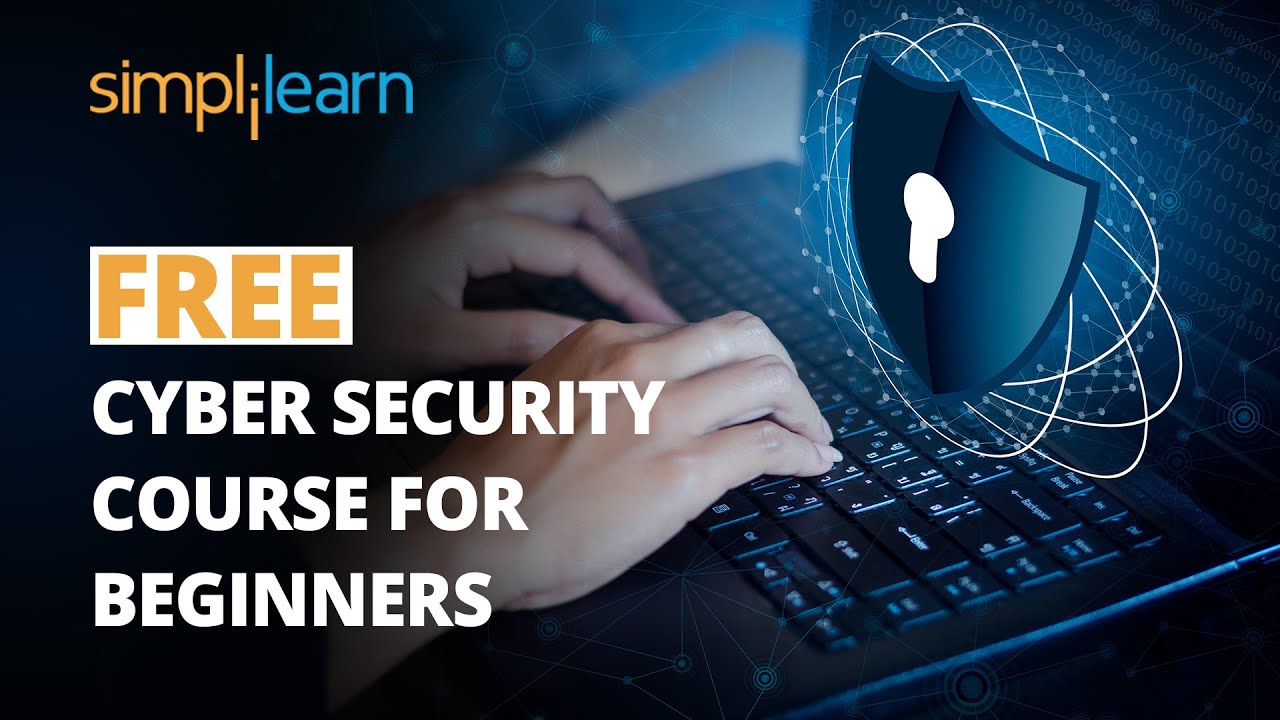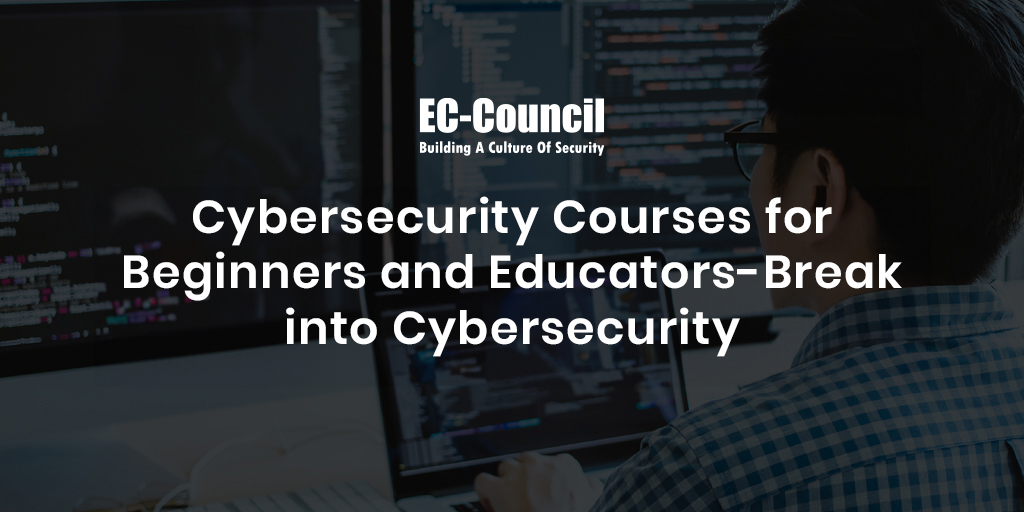Cyber security training for beginners Start your secure journey today!

Cyber security training for beginners Start your secure journey today!. Kickstart your secure journey today with our beginner-friendly cyber security training! Learn essential skills to protect yourself online in no time.

What is Cyber Security?
Cyber security refers to the practices & technologies designed to protect computers, networks, & data from unauthorized access, attacks, & damage. With the increase in digitalization, protecting sensitive information has become paramount. It encompasses various measures like firewalls, antivirus software, & encryption, focusing on both hardware & software layers. As threats evolve, staying updated with the latest cyber security skills is essential for anyone looking to secure their digital life.
Importance of Cyber Security Training
Cyber security training is crucial for individuals & organizations alike. It ensures that employees understand the significance of data protection & know how to identify potential threats. A well-trained team can act as the first line of defense against cyber threats, reducing the risk of costly data breaches. And another thing, with legislation like GDPR imposing strict regulations on data protection, being knowledgeable in cyber security ensures compliance & mitigates penalties.
Who Should Take Cyber Security Training?
While cyber security training is essential for IT professionals, it's equally beneficial for everyone who uses technology. Business employees, freelancers, students, & even home users should consider basic training. As cyber threats often exploit human error, understanding how to recognize phishing attempts, secure personal devices, & protect sensitive information is important for all. Regardless of your profession, being cyber-savvy will enhance your personal & professional digital presence.
Key Topics in Cyber Security Training
Understanding Types of Cyber Attacks
Secure Password Management
Protecting Personal Devices
Data Encryption & Protection
Social Engineering Awareness
Each of these topics plays a critical role in the broader spectrum of cyber security training. By exploring these areas, individuals can significantly improve their ability to respond to potential threats & safeguard their information. It's important to focus on both technical skills & behavioral practices to create a holistic understanding of cyber security.
Self-Experience with Cyber Security Training
Having undergone cyber security training as a beginner, I found it to be an eye-opening experience. I was surprised at how common threats like phishing emails & weak passwords could jeopardize not only personal data but also organizational security. The training equipped me with knowledge not only to protect myself online but also to encourage others to adopt safe practices. Engaging with various resources, demonstrations, & practical exercises helped reinforce what I learned & made it applicable to real-world situations.
Learning Pathways for Cyber Security Beginners
When starting your cyber security education, it’s vital to choose a structured pathway. Various options include formal courses from educational institutions, online platforms offering certifications, & workshops organized by experts. Here are some popular starting points:
Platform Course
Coursera Introduction to Cyber Security
edX Cyber Security Fundamentals
Udemy Cyber Security for Beginners
Cybrary CompTIA Cyber Security Path
These platforms often provide flexibility, allowing you to learn at your own pace. Video lectures, practical labs, & forums for Q&A can support your growth in cyber security skills.
Best Practices for Cyber Security
Use Strong Passwords
Enable Two-Factor Authentication
Regular Software Updates
Avoid Public Wi-Fi for Sensitive Transactions
Educate Yourself & Others
Incorporating these practices into your routine can significantly elevate your security posture. For instance, strong passwords act as the first line of defense against unauthorized access, while two-factor authentication adds an additional layer of security. Continuous education on emerging threats can keep your knowledge fresh, ensuring you're prepared for whatever comes next in the field of cyber security.
Tools & Software for Cyber Security
Equipping yourself with the right tools is essential for effective cyber security. Below are some recommended software types:
Tool Type Recommended Software
Antivirus Norton, Bitdefender
Firewall ZoneAlarm, Comodo
Password Manager LastPass, Dashlane
VPN ExpressVPN, NordVPN
These tools can enhance your defense mechanisms against various attacks, providing peace of mind in your daily digital interactions. The integration of these applications into your personal or organizational infrastructure is vital for maintaining a secure environment.
Continuing Education in Cyber Security
Cyber security is a rapidly shifting field, meaning that continual learning is important. After completing foundational training, consider specialized certifications such as Certified Information Systems Security Professional (CISSP) or Certified Ethical Hacker (CEH). These credentials can enhance your expertise & open opportunities in the workplace. Regular participation in webinars, workshops, & conference events can further expand your knowledge base, keeping you up to date with the latest trends & threats.
“Investing in cyber security training is essential to protect your assets in this digital age.” - Mr. Nikolas Streich
Finding Cyber Security Training Programs
Numerous resources are available for aspiring learners. Local community colleges often offer affordable courses, & numerous online courses cater specifically to beginners. And another thing, many tech organizations provide free resources that can complement your training. Networking with professionals in the field can often lead to valuable insights & recommendations for reputable training programs. Always check reviews & ask for recommendations to ensure the quality of the course you choose.
Frequently Asked Questions
What is the most basic form of cyber security training?
The most basic form encompasses understanding common threats such as phishing, recognizing suspicious emails, & practicing safe internet habits like using strong passwords & regular updates.
How long does it take to learn the basics of cyber security?
Learning the basics can take anywhere from a few days to several weeks, depending on the intensity of the program & your previous knowledge. Self-paced online courses can provide flexibility for your schedule.
Is cyber security training necessary for everyone?
Yes, as cyber threats affect everyone who uses technology, basic training in cyber security is advisable for individuals at all levels to safeguard their information.
Can I learn cyber security for free?
Absolutely! Many online platforms offer free resources & courses for beginners that can help you get started without any financial investment.
What certification is best for beginners in cyber security?
Certifications like CompTIA Security+ are great for beginners, covering a broad range of foundational knowledge & skills in cyber security.
Cyber security training
In conclusion, starting your secure journey in cyber security is essential for anyone involved in the digital space. With proper training, tools, & best practices, you can significantly mitigate risks to your information & that of others. Consider leveraging the numerous resources available to deepen your understanding & grow your skills in this vital field.






